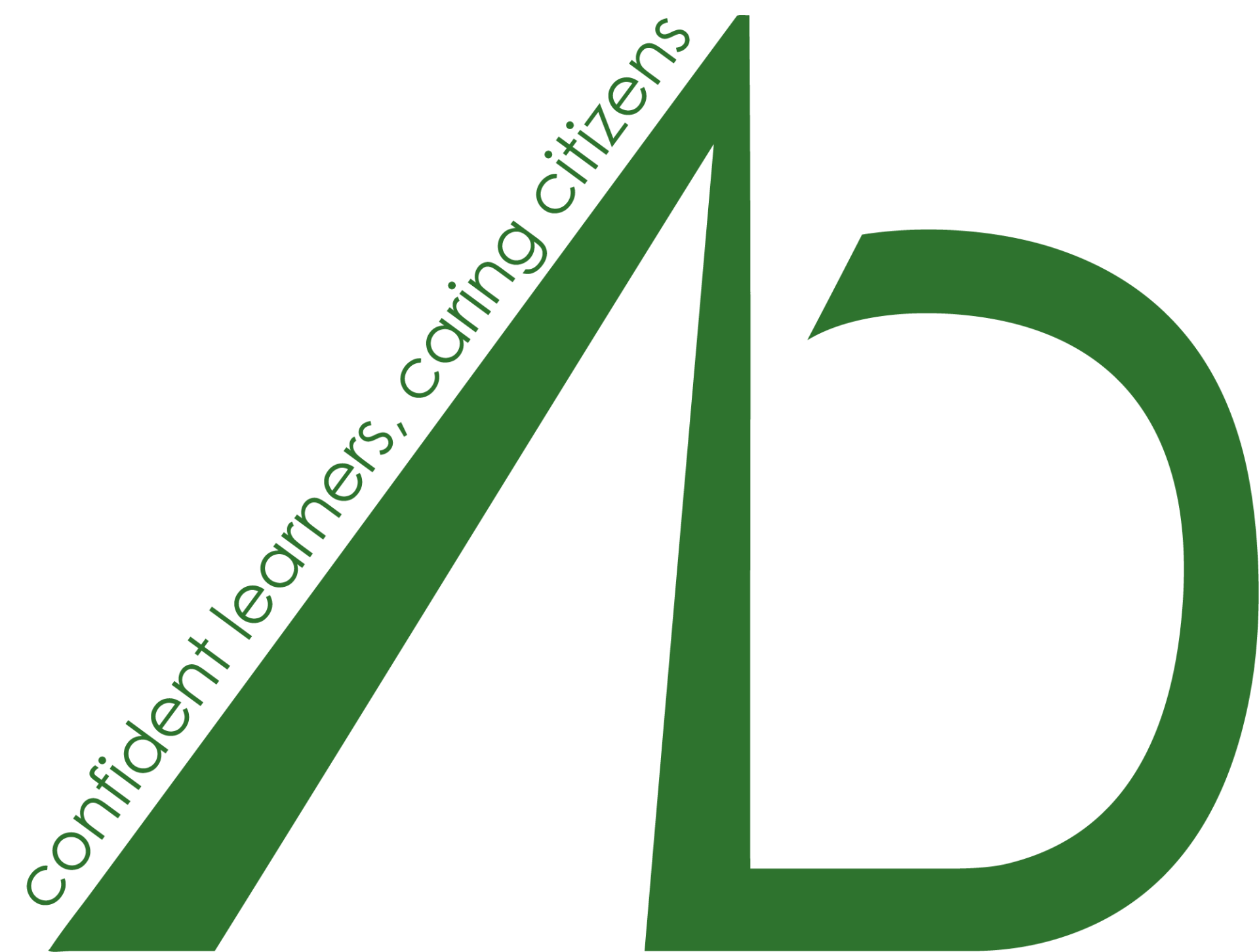Mental Health Supports
Mental health and well-being are priorities of our Board, especially as we navigated through the Covid-19 pandemic which left many feeling emotionally overwhelmed, disconnected and isolated, while closures created financial hardship for many.
We recognized that students and their families faced these challenges and that students were apt to bring challenges with their mental health and well-being into the school community.

Despite the challenges of school closures during the 20/21 school year, our School Mental Health (SMH) team was able to connect with a large number of students. While some students had their needs met with only a session or two with a SMH member, the average number of sessions per student was approaching eight, indicating some very in-depth work was occurring with students across the district. Over half (56%) of the sessions were delivered remotely (i.e. utilizing audio or secured video connections) while 44% of the sessions were delivered in person.
Although students seek counselling for a wide variety of reasons, the top presenting issue continued to be anxiety, followed by mood management and attendance issues. These three areas of concern are not unique to Algoma District as students across the province seem to be showing similar trends. ADSB counsellors have done and continue to do an excellent job responding, without wait lists, to all students requiring support regardless of the presenting issue. If the challenge proves to be outside the scope of school-based mental health supports, staff call upon community partners to assist.
Once again this summer, we provided a Summer Wellness Line to students and families in need of additional support in the areas of mental health and well-being over the summer months. Counselling staff provided strategies for students coping with Covid-related stress or anxiety and offered transitional supports for the return to school in September.
Counsellors also completed over 500 re-engagement calls, connecting with students who had become disengaged in the final months of the 20/21 school year. Staff were able to address individual student needs for return to school and to provide transitional supports including, for some, backpacks full of school supplies, and for others, school tours prior to school opening.

The
ADSB Well-Being Leadership Committee is a multi-perspective group which meets virtually each month to discuss the important issues impacting well-being within our schools. This team includes members of Senior Administration, Student Trustees, parent representatives and ADSB Board Leads for Mental Health, Indigenous Education, Safe Schools and Well-Being. The group offers input and feedback on supports and resources available across the Board and helps to ensure that student and parent voices continue to be driving forces behind how mental health and well-being supports are provided in schools.
Through Student Senate, students have shared that they want to have a better understanding of mental-health resources available to them and where to access them. In January (2021) Student Senators from across the district met with ADSB Board Leads to discuss well-being in schools and how students can play a more active role. Students developed a list of thought-provoking questions for this session, and the Board looks forward to ongoing engagement with students.
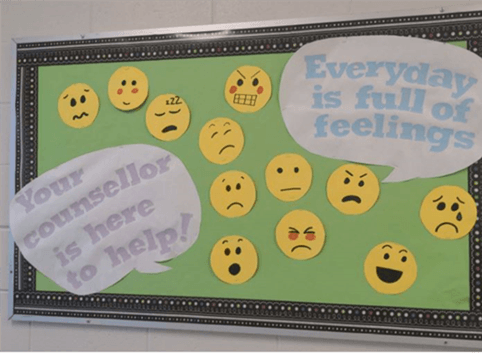

We have successfully completed our fourth year of the
Rebound Mentorship Program in-partnership with Algoma Family Services (AFS). This program teaches and reinforces social and life skills that enable young people to make sound decisions, communicate effectively, and develop a sense of personal responsibility. Geography is no longer a barrier as Grades 7 and 8 classrooms anywhere from Wawa to Elliot Lake are now able to access the program, and senior high school students, working alongside AFS program facilitators, are able to mentor using virtual technology. This year we were able to embed the program into the regular curriculum and entire classrooms were eligible to participate, as opposed to selected individuals. Senior students who completed the Rebound Mentorship Program received a university-level secondary school credit.
Algoma District School Board continues to access excellent resources provided by School Mental Health Ontario (SMHO).
To prepare our staff for the 21/22 school year, three Professional Development (PD) days were scheduled at the beginning of September, prior to students returning to class. In addition to Covid training and health and safety sessions, staff took part in a session on the Foundational First Days with an emphasis on creating caring, connected classroom communities and determining students’ starting points for learning.
A comprehensive Mental Health Learning Package was presented in all our schools during our first Professional Development Day this September. This covered core concepts in mental health, while outlining the role of classroom educators and other school staff in supporting student well-being as they returned to school.
The session also provided suggestions on what to do when staff notice a student struggling with a mental health problem including signs to watch for and where to get help when needed.

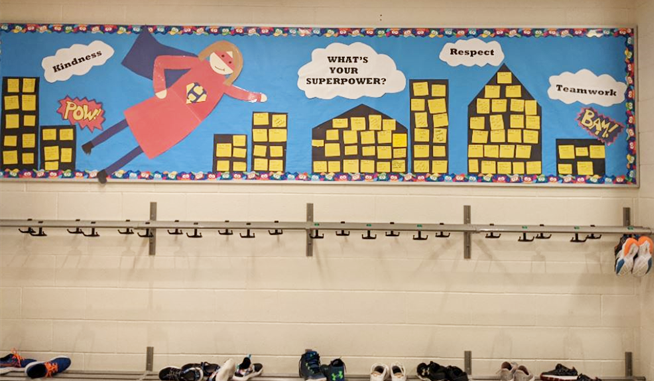
Due to COVID restrictions during the 20/21 school year, our School Mental Health Team had to find creative ways to interact with students around
Tier 1 Programming, which focuses on prevention strategies for mental health and well-being. The team introduced mental health topics each week, and teachers found ways to incorporate the topics, helping to promote and normalize conversations around mental health and well-being. Staff were able to incorporate daily check-ins with their students, and children were able to voluntarily speak about their emotions and to help one another by sharing coping skills that had worked for them.
Last year, our SMH team began an intensive implementation project, undertaken as a book study, reviewing research led by Dr. John Weiz from the department of Psychiatry at Harvard University. This project focused on the FIRST program for behavioural and emotional problems (FIRST = “Feeling Calm; Increasing Motivation; Repairing Thoughts; Solving Problems; Trying the Opposite).
This highly comprehensive and evidenced-based program became a weekly part of SMH team meetings as they engaged in a process of learning and practice. ADSB’s School Mental Health team has been invited to present their virtual training program province-wide.
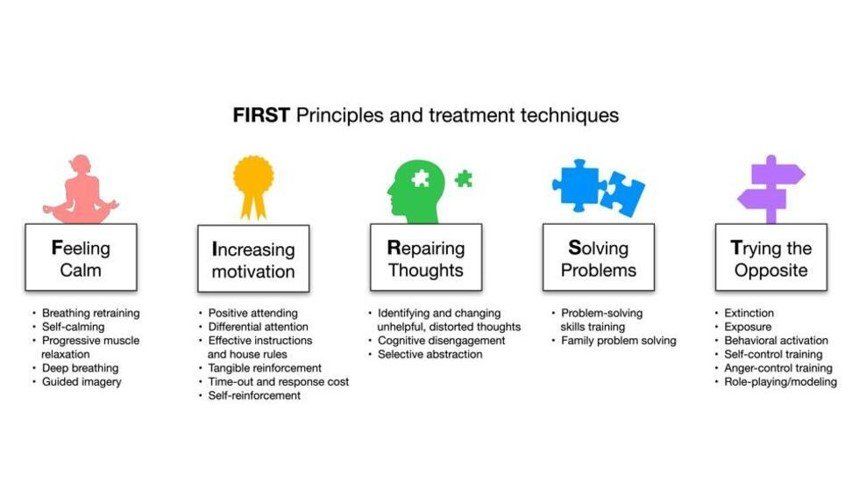
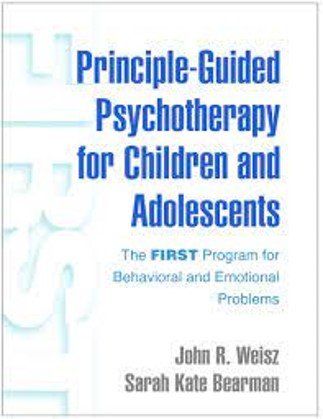
ADSB introduced new program measurement processes last year with the application of Partners for
Change Outcomes Management System (PCOMS) – a tool for tracking student outcomes to school-based counselling interventions. In addition, the SMH team has been tracking student satisfaction with services on a session-by-session basis.
In addition to expanding our internal team, ADSB has also developed unique partnerships with our co-terminus boards, community agencies and external service providers to help provide additional mental health supports for students inside and outside our schools.
Central Board Office
Education Centre
644 Albert Street East
Sault Ste. Marie, ON P6A 2K7
Phone: 705.945.7111
Toll Free: 1.888.393.3639
